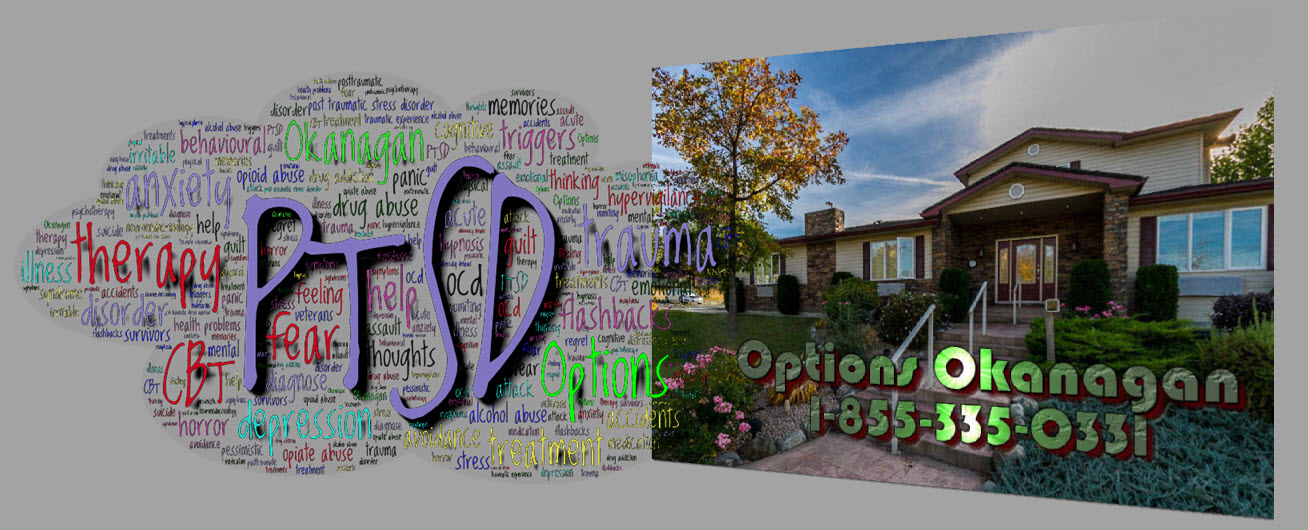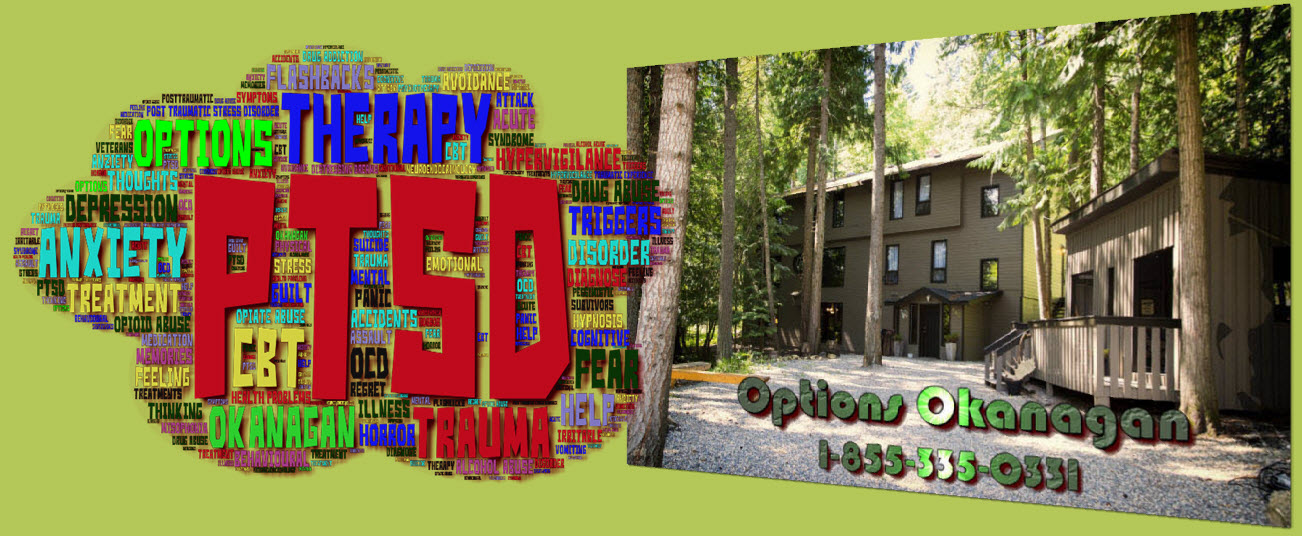Understanding cognitive-behavioral therapy. Opiate and prescription drug intervention in British Columbia and Alberta – Options Treatment Center in Kelowna, British Columbia treating prescription drug, opiate, fentanyl, heroin and alcohol addiction and recovery.
Drug Rehabs In Alberta And BC
Individuals may have tried (CBT) cognitive-behavioral therapy in their past, but do they know how it works.
CBT helps rebuild addicts by restructuring their dangerous mindset and behavior. Cognitive-behavioral therapy is one of the most popular treatment options for many individuals who are currently recovering from substance disorders and psychiatric disorders comorbid. Although many individuals have benefited from CBT in their addiction recovery, few understand the science behind the therapeutic approach.
What is CBT?
Cognitive-behavioral therapy, which combines behavior and psychotherapy, is one of the first evidence-based methods to treat addiction, and counselors use these CBT tools to treat patients in rehabilitation centers. CBT has a long history and proven track record and is popular with therapists. CBT is also a natural adaptation to treat a number of problems related to addiction.
Cognitive-behavioral therapy is based on the idea that an individual’s thoughts influence their feelings and their actions. For many individuals who struggle with drug abuse, negative thoughts often lead to dangerous actions such as drug use. CBT urges individuals to question their beliefs, especially negative beliefs that are not rooted in reality.
One of the main things that cognitive-behavioral therapy does is it questions an individual’s irrational beliefs and provokes thoughts that arise from anxiousness or fear. This treatment approach can work well when combined with a 12 step program, and Cognitive-behavioral therapy is a good marriage with it and works extremely well.
Deconstruction of an individual’s basic beliefs
The majority of individuals leave their childhood with at least one negative belief. A person may believe that they will never succeed or are unloveable. Unconsciously, individuals will spend their lives strengthening their core beliefs, such as finding romantic partners who do not treat them very well or perhaps by becoming a senior executive at all costs.
For individuals with substance disorders, basic beliefs can be embedded in negative thought patterns that lead to drug use. To maintain long-term recovery, individuals must be able to deal with their negative beliefs so they do not return to unhealthy thinking patterns for months or years. Cognitive-behavioral therapy is very useful for dealing with negative beliefs and for looking more rational.
During therapy sessions, clients learn to question their explanations or assumptions. For instance, if an individual is dumped by someone, they may conclude that they are not valued, which will strengthen the negative core of the belief that they cannot be loved or trusted. After CBT, an individual might be able to see a more rational situation, the friend might have gotten really sick or they work way too much and are in love with their own job. A person can see now that the situation migrates to different circumstances that have nothing to do with them.
Introducing change in the long run
One of the advantages of CBT is that the results can be seen relatively quickly and only a few therapy sessions are needed to resolve a person’s individual problems. This means that individuals can overcome problems during CBT and take the time to overcome them before moving on to the next therapeutic segment.
Individuals will do this in a short amount of time and work on one of the problems presented. They use interventions and methods to feel better and then work on other problems in the next round.
Another important aspect of long-term change through CBT is daily strengthening. Just as the 12 steps in their life need to be applied continuously, they also need to make changes that they make through therapy.
Cognitive-behavioral therapy is practice-oriented, and there are many practices through journalizing and challenging behavior, and over time, this is another way to challenge the old belief system and apply a new way of thinking.
Options Okanagan Opiate and Alcohol Treatment Centers in Kelowna, Salmon Arm and Vancouver, British Columbia – Men and Women are recovering and healing from Alcohol and Drug Abuse at our treatment center here in the Okanagan right now.
Our unique and distinctive Opiate Drug and Alcohol treatment program allow men and women to come in from Calgary as well as Edmonton as we offer airport pickup.
Numerous clients come to us from Vancouver, Calgary, and Edmonton and other locations in Alberta and even other provinces for Opiate addiction treatment, heroin drug treatment, many other drugs, and alcohol addictions for rehabilitation because of the uniqueness of our treatment center.
Our (Kelowna) Alcohol and Drug Treatment Program Location:
(Not Mailing Address) – Contact Us – Web Page
For Mail Delivery :: Please contact each center for correct mailing addresses, also this location is the location of our residential treatment programs in Kelowna. Please call Toll Free 1-855-335-0331 – to contact the treatment center you are going to for the address and directions.
Options Okanagan Drug and Opiate Treatment Center
551 Sherrydale Crescent, Kelowna, British Columbia, V1V 2E6
Toll-Free Phone Number: 1-855-335-0331

 in Alberta and BC - Options Okanagan.jpg)
 in Alberta and BC - Options Okanagan Treatment Center.jpg)
 in Addiction Recovery - Options Okanagan.jpg)


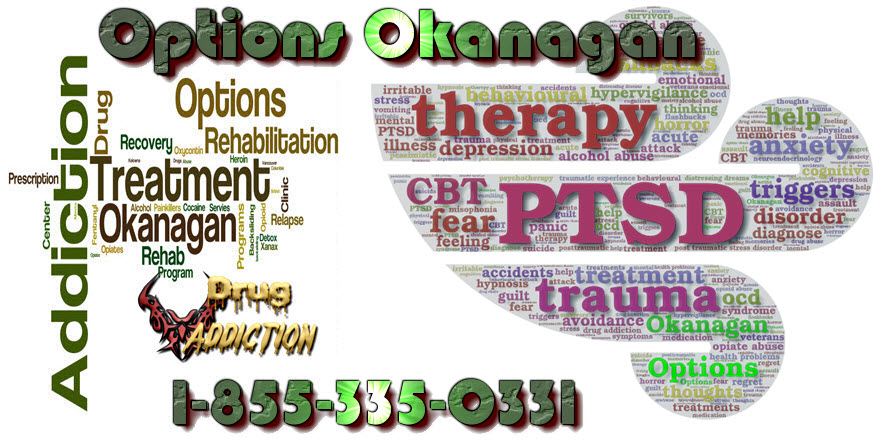
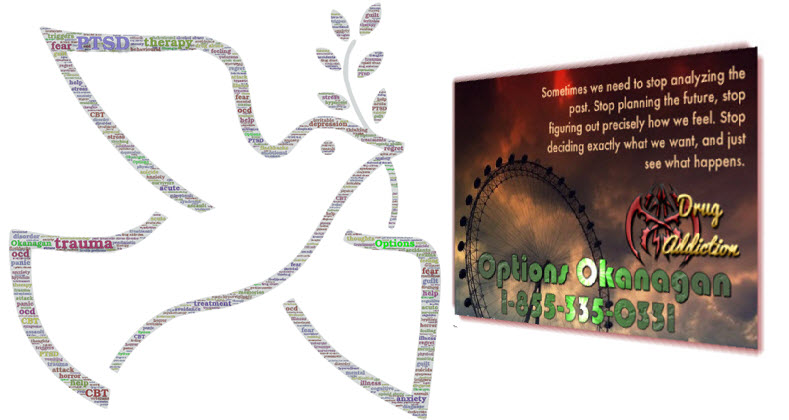

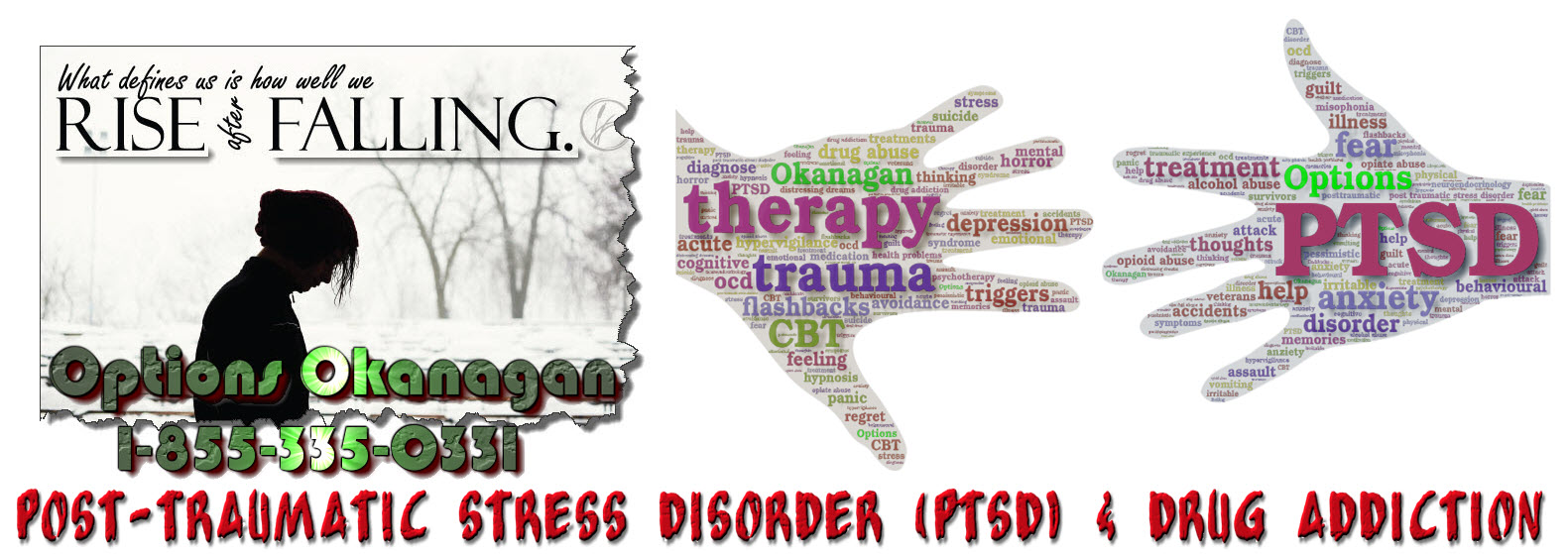
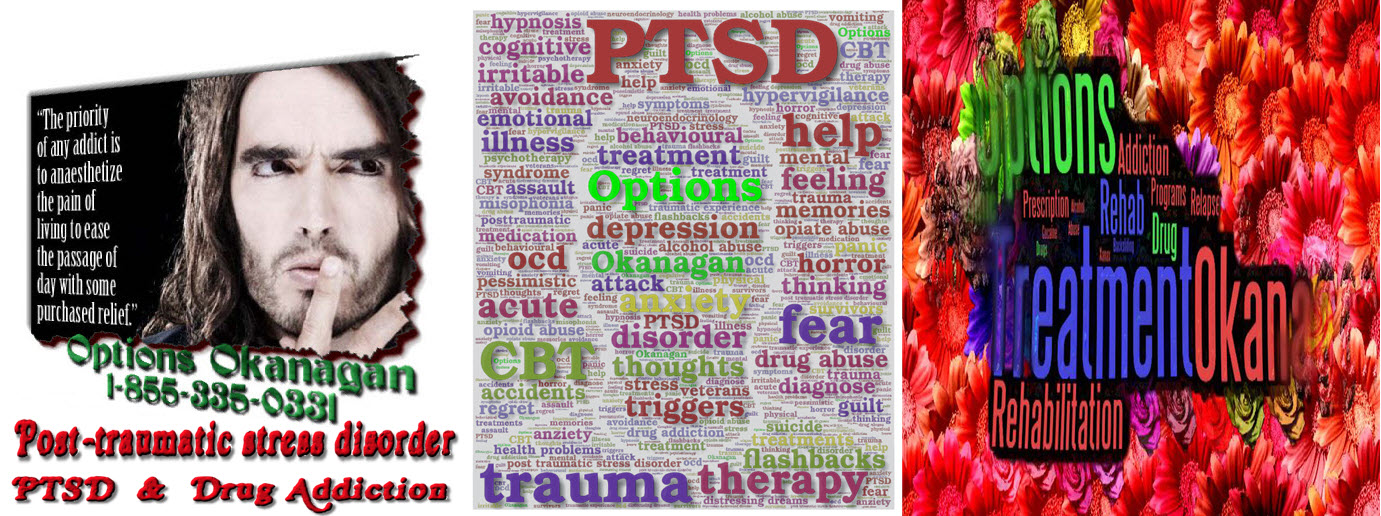
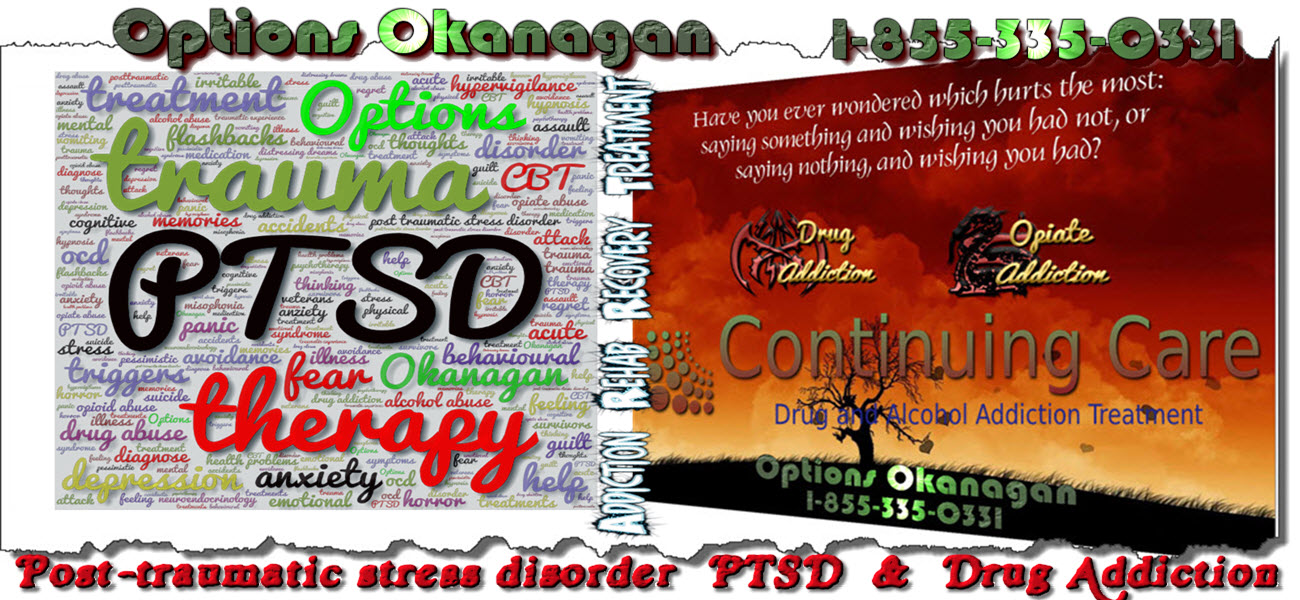
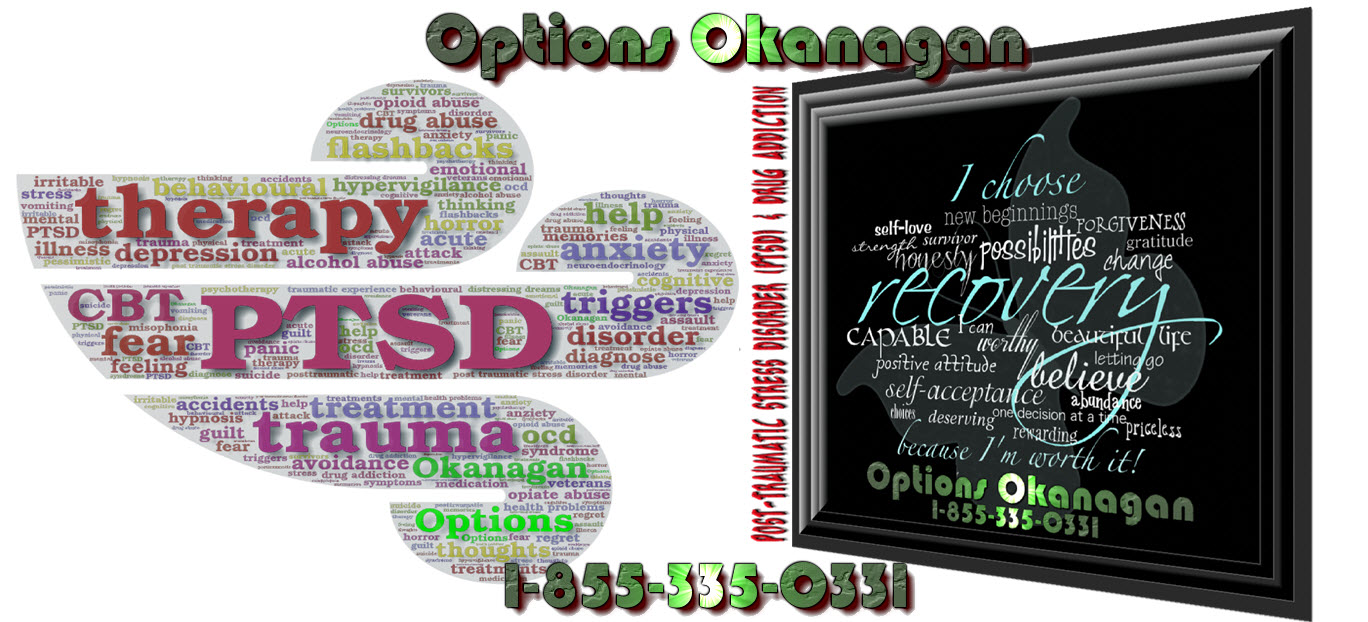
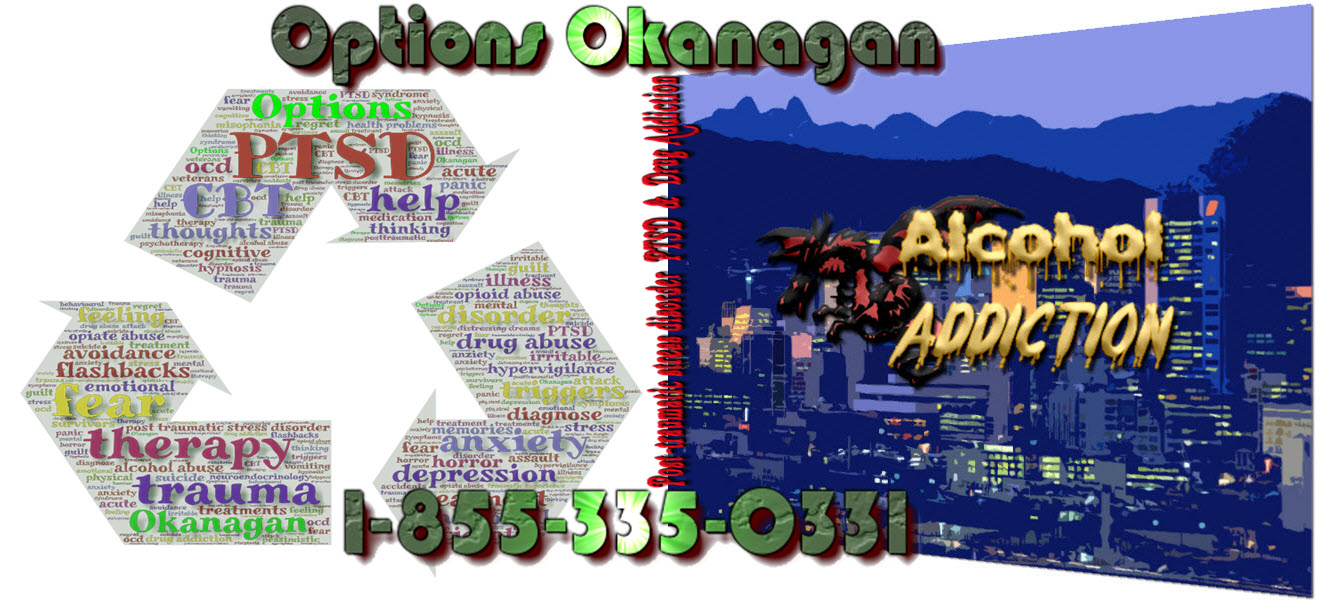
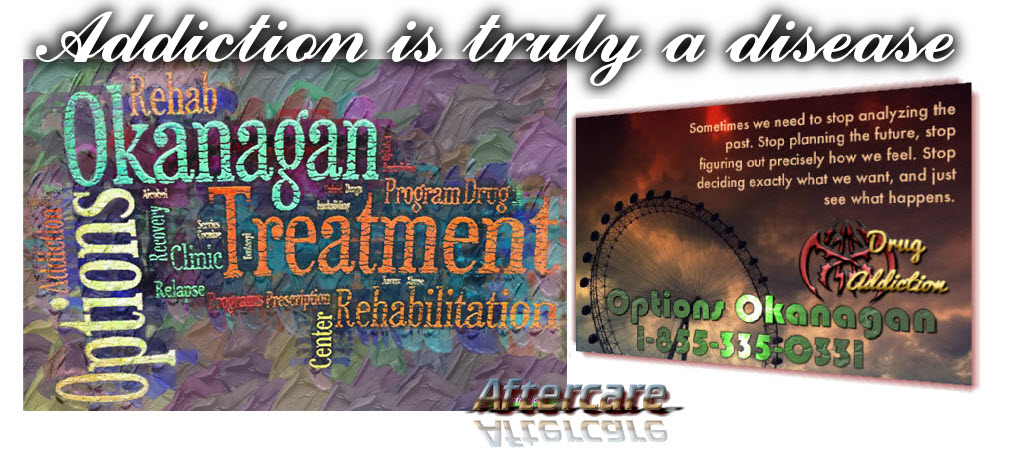
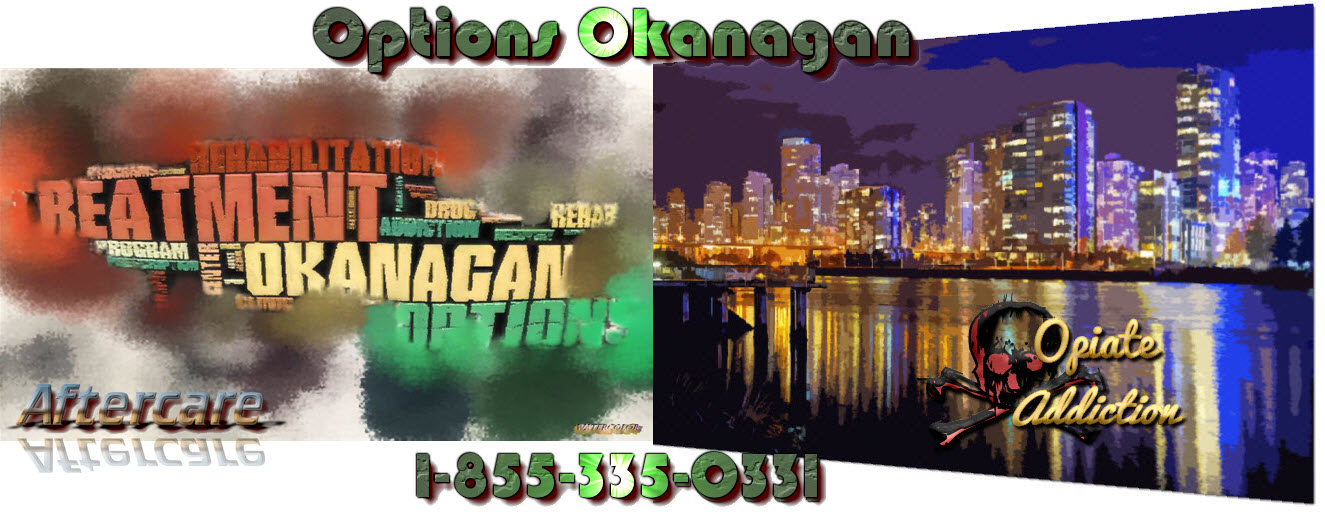
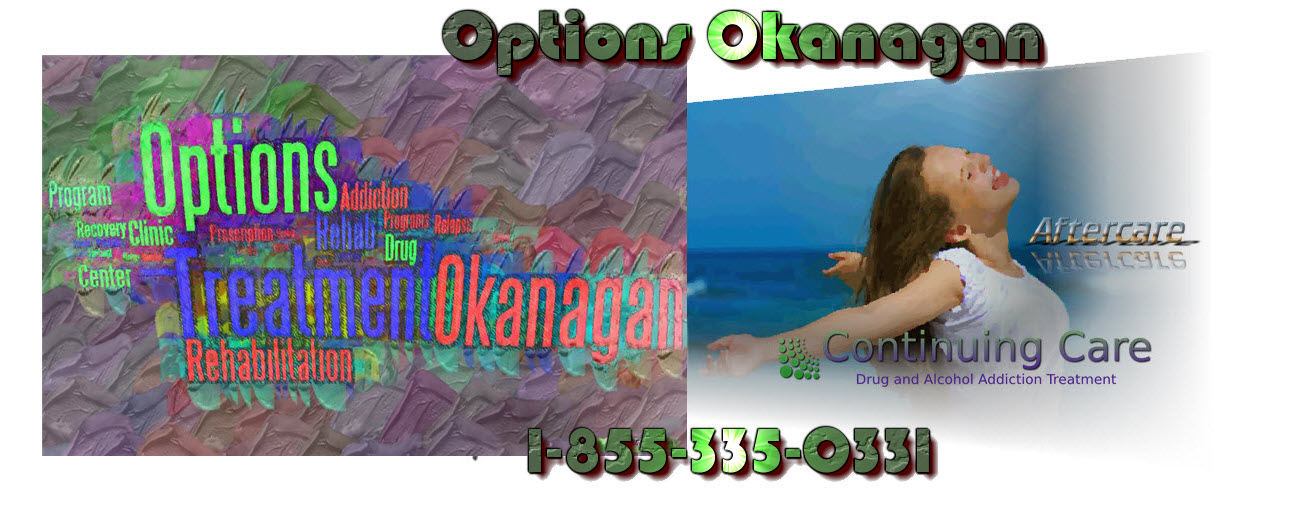
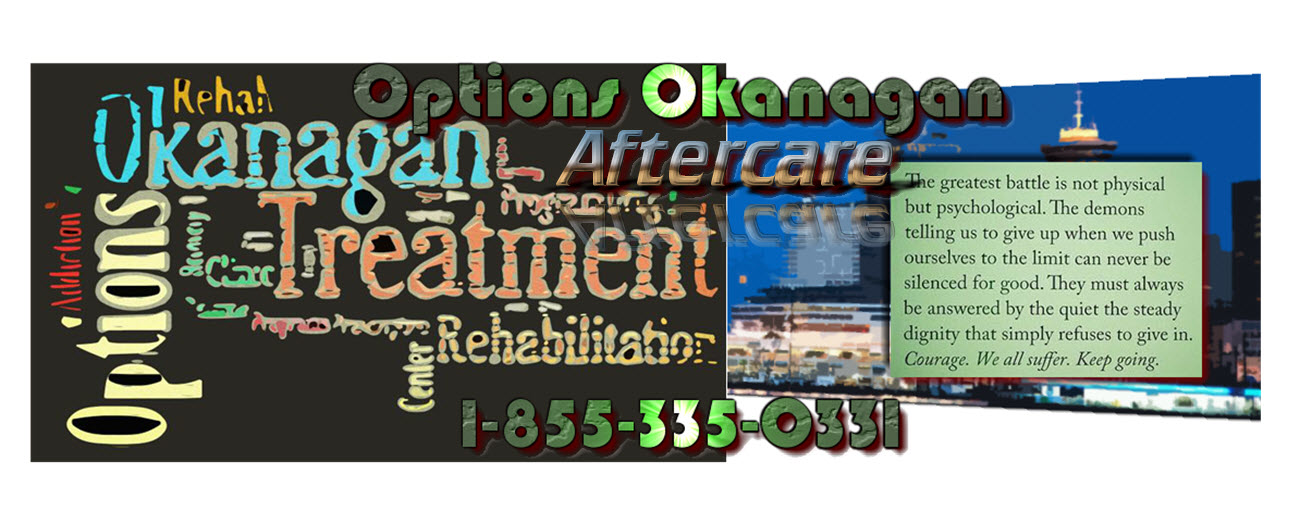

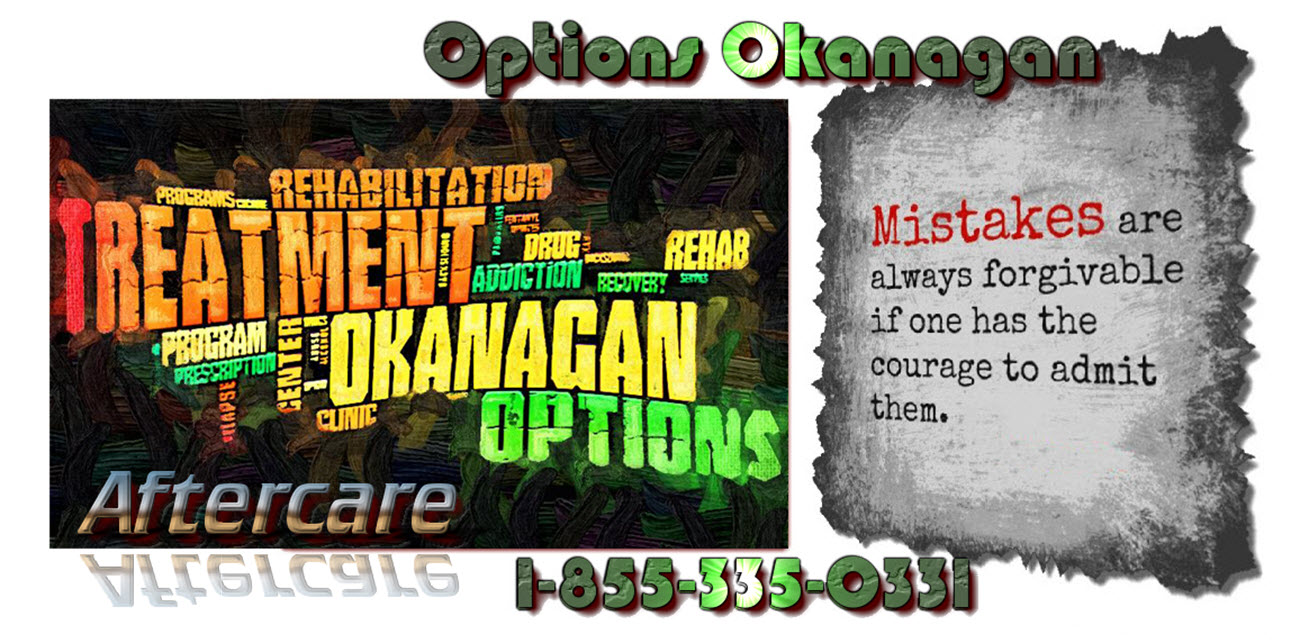
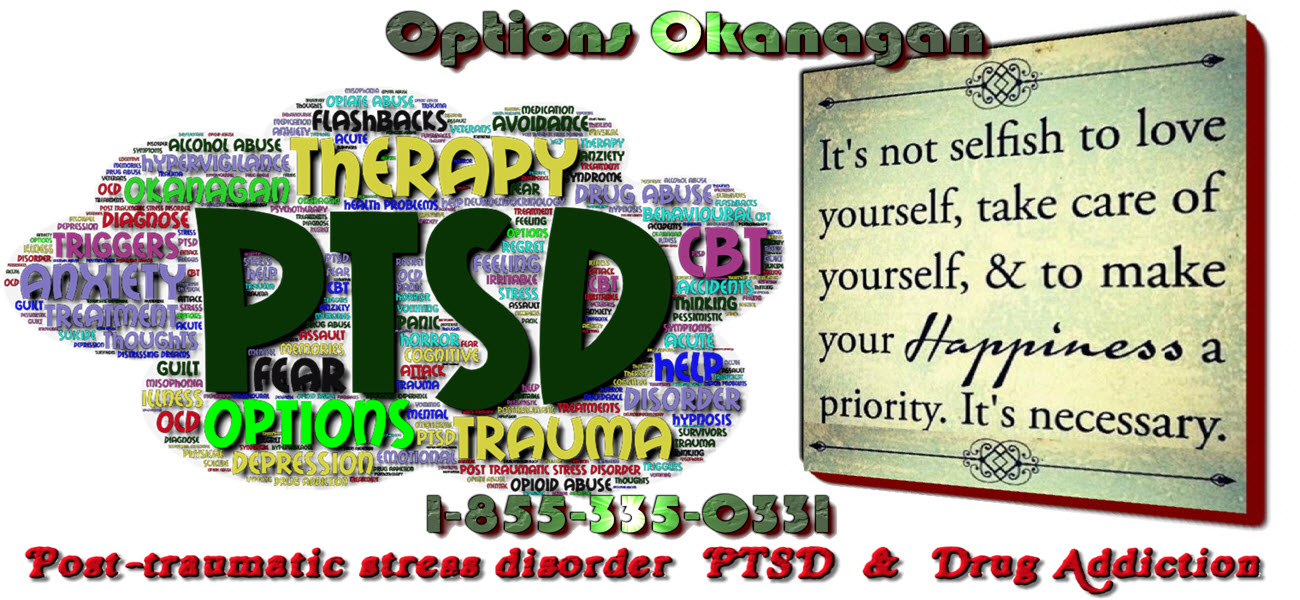
 or Mental Health Disorder Treatment Programs in BC and Alberta - Options Okanagan.jpg)
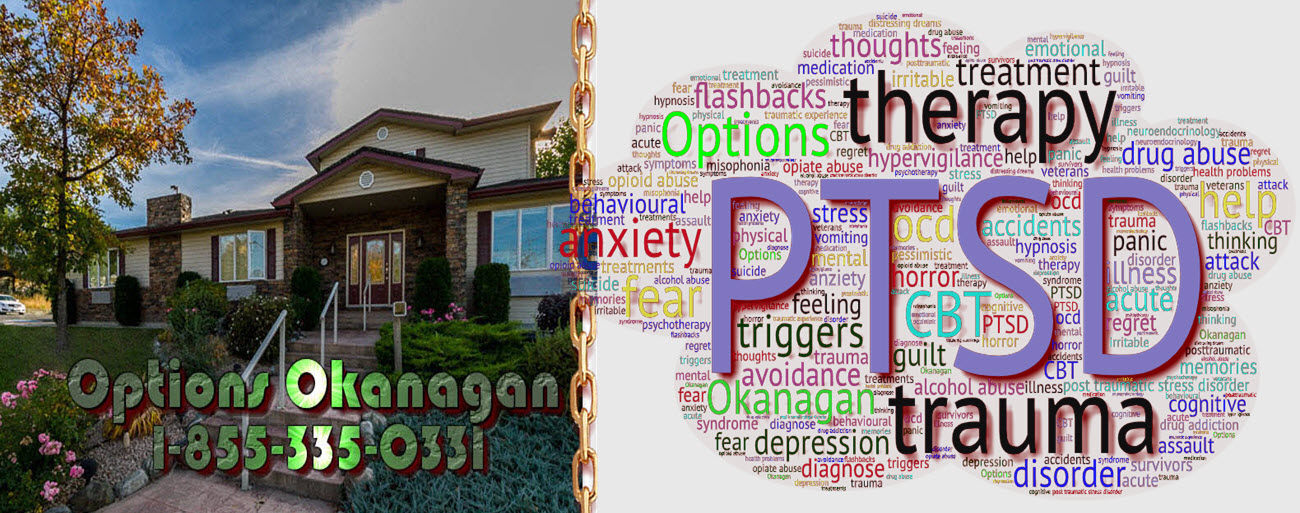
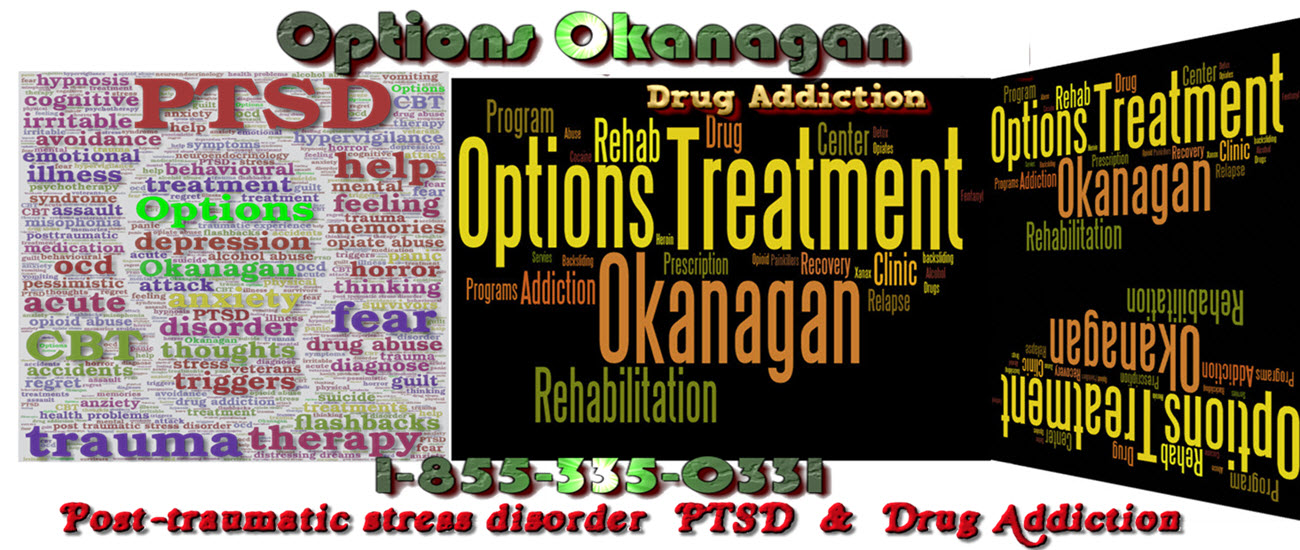
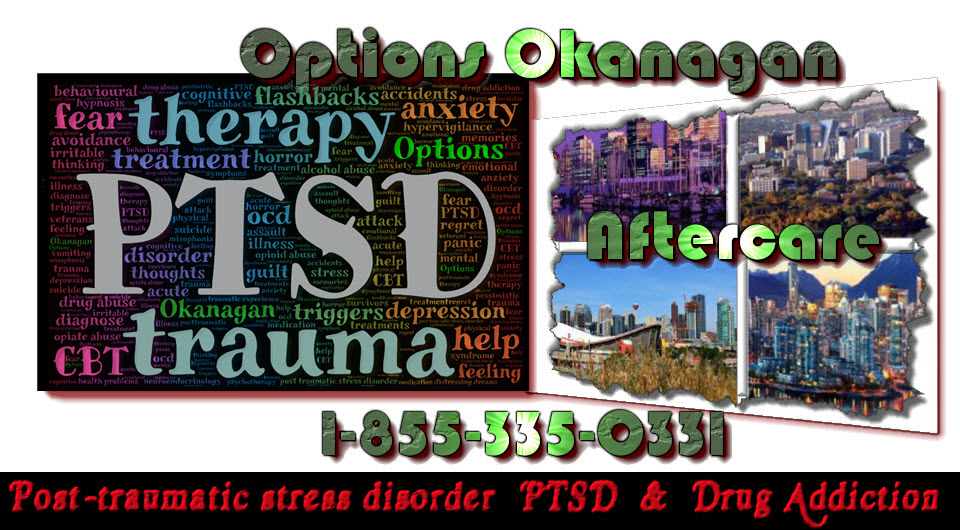
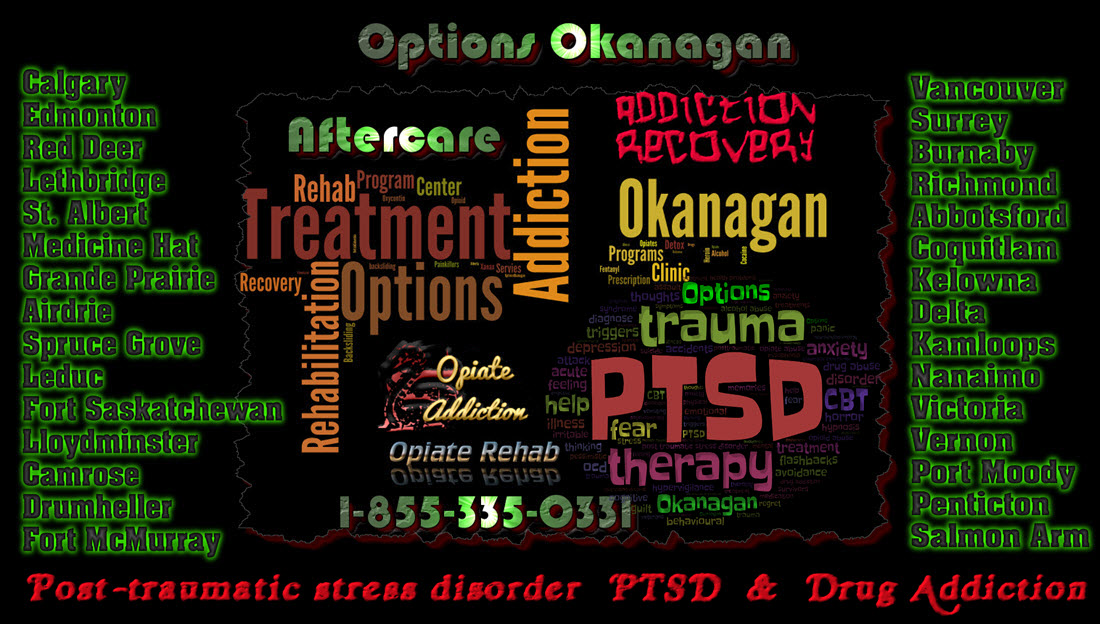

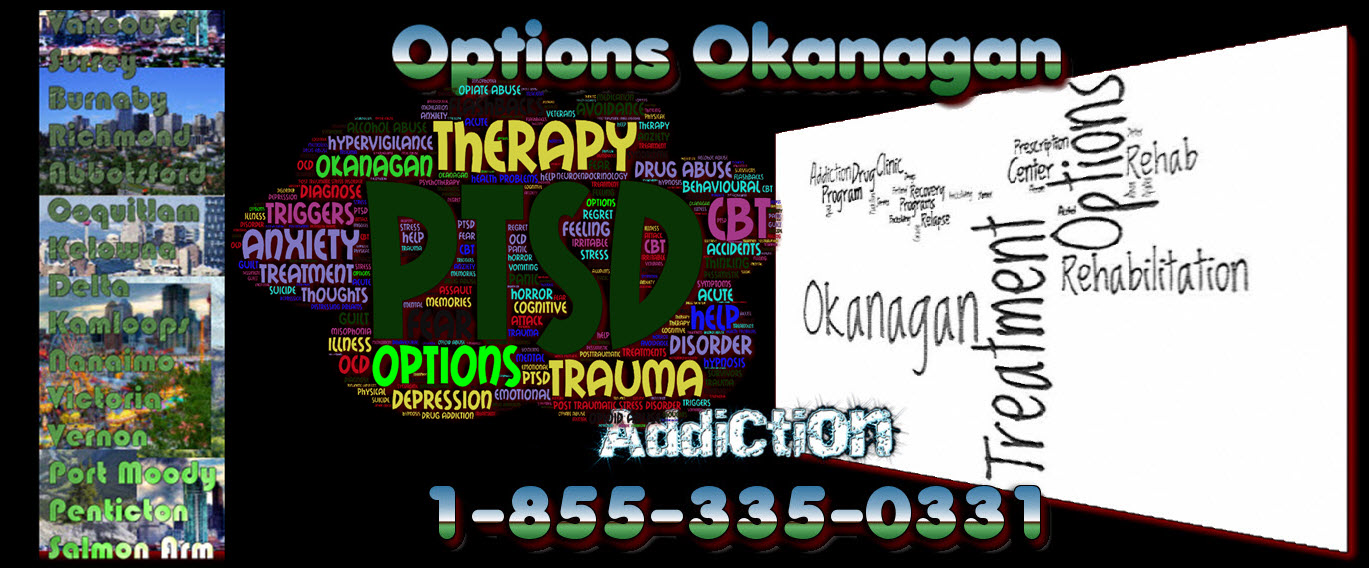
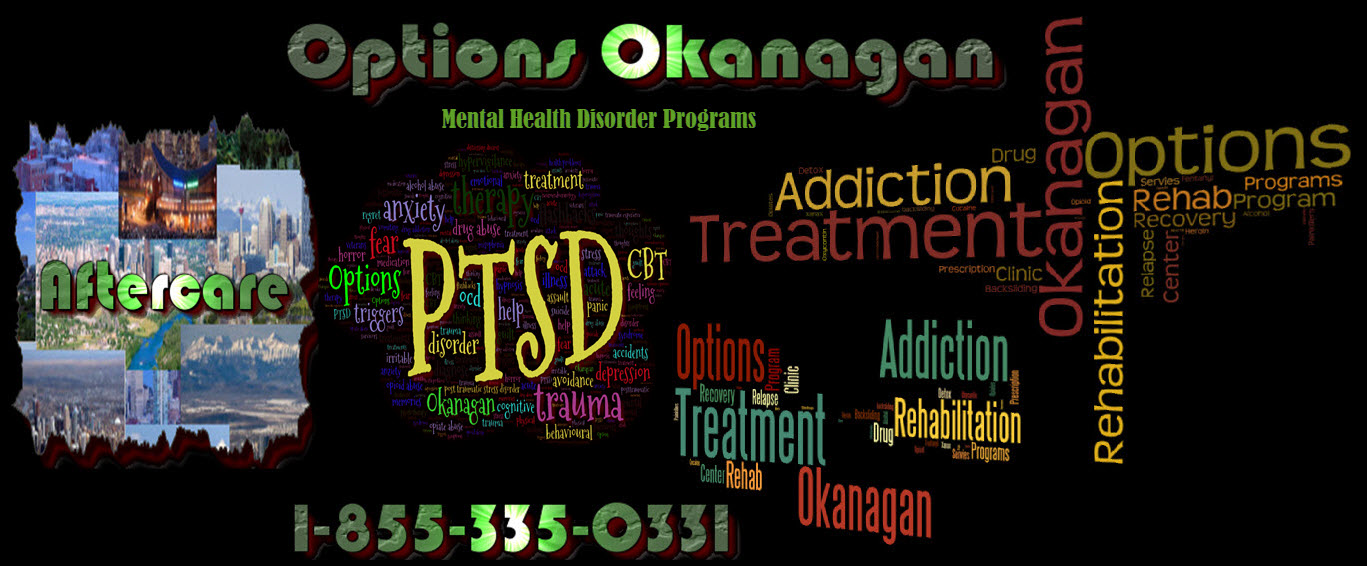
 and Trauma Rehab Centers in Alberta and BC - Options Okanagan.jpg)
